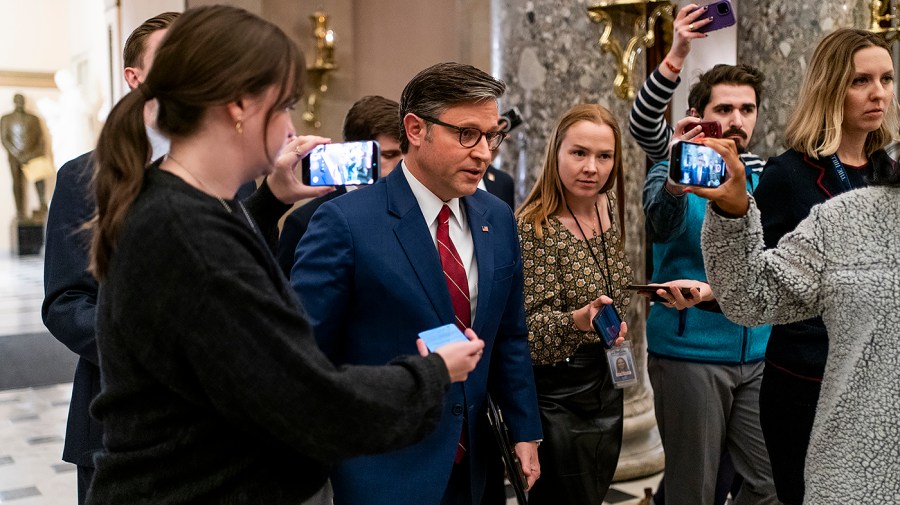
Imagine a family with 12 children. Parents decide that fairness requires paying the full price for each act of assistance. Tying your brother’s shoes? That would be $2.50. Need help with algebra homework? $5.75. Folding laundry that isn’t yours? $3.25 per load.
Soon, the family’s fists are filled with invoices and spreadsheets, and they’re having a petty fight over who owes what. They hire an accountant, then an auditor, then a collections analyst. Now every good work requires a form. Children spend more time paying bills to each other than helping each other.
Ladies and gentlemen, this is how your federal government works.
We call these “reimbursable agreements.” When one agency helps another, it doesn’t just share resources — it also foots the bill for it. If the Agriculture Department borrows a statistician from the Commerce Department, an interagency agreement is signed, funds are transferred, invoices are tracked and audits are scheduled — all to move taxpayers’ money from one government pocket to another.
General Services AdministrationWas going to make this world simple. Designed to handle office space, supplies and fleet vehicles for everyone else, it has instead become the family’s overworked accountant – tracking who owes rent on buildings we already own, collecting rent for desks that never get moved and sending monthly bills to agencies who, in turn, charge each other a service fee for processing the bills.
By conservative estimates, thousands of employees now spend their careers managing these transactions that wind up on the Treasury’s books. They’re trapped in a system that rewards accuracy over meaningless nonsense. The result is a billion-dollar ecosystem of bills that serve no public purpose.
Dismantling the General Services Administration won’t close office buildings or decommission car fleets — it will just give the impression that agencies have to collect rents from property taxpayers already own. Imagine a single executive order: share resources, no internal billing.
and then there is Government Publishing OfficeA living fossil from another era. Founded in 1861, it still prints reams of documents most Americans will never see: binding budget justifications, environmental impact statements, legislative histories. In warehouses across the country, the reports are stacked on pallets to be sent between agencies that already have digital copies online.
A government publishing office contract could be worth millions for something to be printed that fewer than 20 people would ever see. Ironically, the agency responsible for publishing transparency is itself the least transparent about cost or relevance.
Abolishing the Government Publishing Office would not destroy access to information – it would increase it. Every document it prints can be authenticated simply digitally, instantly available for a fraction of the cost and infinitely searchable. The same transparency, without the ink, trucks and 19th century machinery.
The operating costs of the General Services Administration keep moving around $34 billion per year – The money was largely spent on managing office space and billing other agencies for it.
Add Government Publication Officeover $135 millionThe annual appropriations and personnel hours each agency devotes to tracking, reconciling, and auditing these internal transactions, and the total administrative burden easily reach $40 billion per year in avoidable costs.
Both of these agencies reflect a broader truth about bureaucracy: It accumulates layer upon layer like sedimentary rock. Each layer serves a purpose once. But at the same time, they have hardened into something geopolitical – a landscape of rules and reporting so dense that even the most dedicated public servants cannot wade through it.
Shutting them down would not shrink the government as much as it would free it. This will allow thousands of civil servants to return to real public service instead of managing internal transactions or preparing paper that no citizen will ever touch.
The problem is not government employees. These are the values that we have created around them. Families can still help each other. They just need to stop sending the bills.
Cheryl Kelly is a former senior government official with experience in five Cabinet agencies, including serving as Director of Planning, Management and Budget. She is an Adjunct Fellow at the Pell Center at Salve Regina University and the author of “An Informed Citizen: How the Modern Federal Government Operates” and the novel “Radical, An American Love Story.”












